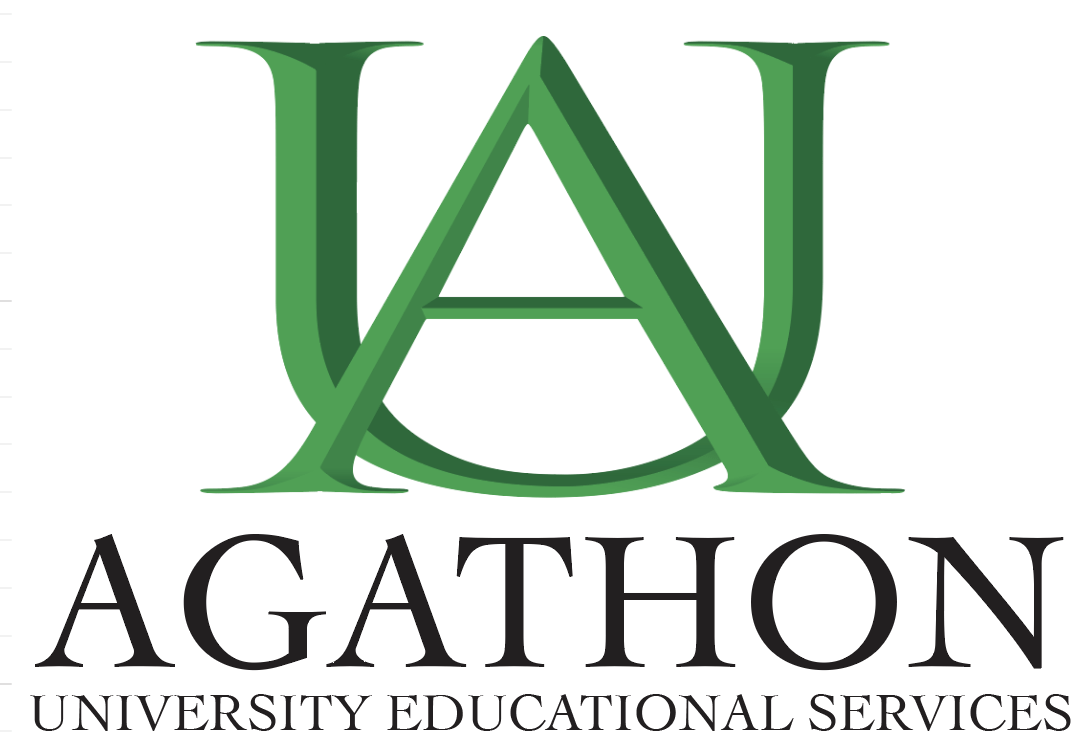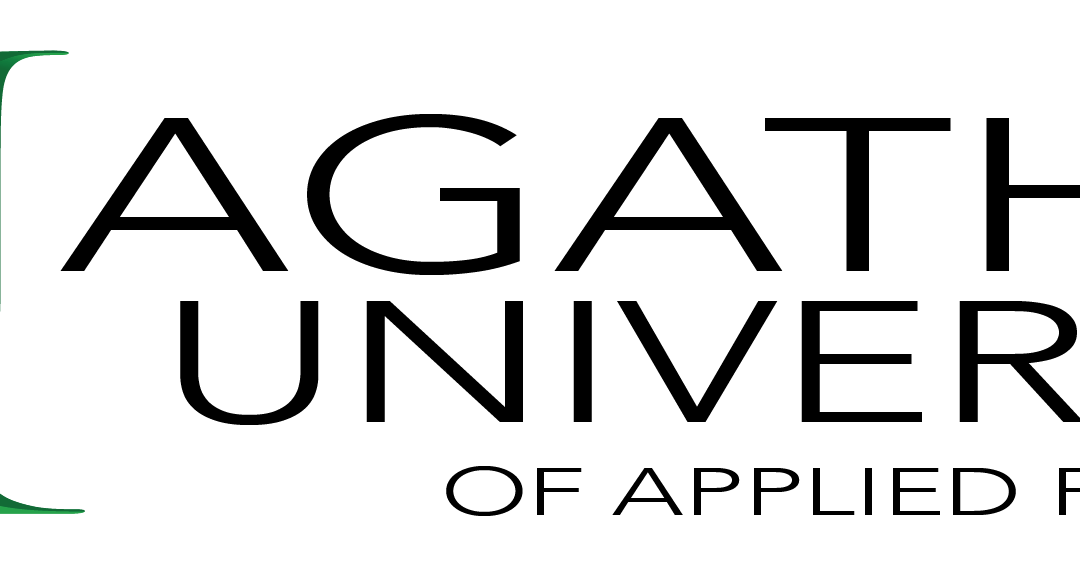
Course Faculty
John Oglesby, MA
Associate Professor of Biblical Education and Leadership
Christopher Cone, ThD, PhD, PhD
Research Professor of Biblical Education and Leadership
Jeff Christianson, PhD
Professor of Science and Worldview
Stephen Lewis, PhD
Distinguished Professor of Biblical Education and Leadership
Martin Cochran, MEd
Assistant Professor of Biblical Education and Leadership
PHIL1101 is an introduction into the various belief systems that constitute worldviews with an emphasis on issues of epistemology, logic, and critical thinking.
AU Bachelor of ARTS in Applied Faith (120 Hours) Program Info
Undergraduate Lounge
[bp_better_messages_chat_room id=”1109″]
Course Syllabus
Course Syllabus / PHIL1101 Intro to Critical Thought
Christopher Cone, Th.D, Ph.D, Ph.D
John Oglesby, MA
Stephen Lewis, Ph.D
Jeff Christianson, PhD
Martin Cochran
- CBU PROFESSOR(S) BIO
John Oglesby is the Chief Academic Officer and Professor at Vyrsity. John Oglesby received his BS in Bible and Theology as well as his MA in Bible and Theology at Calvary University. He is currently working towards completion in his Doctor of Philosophy in Bible and Theology at Calvary University. John Oglesby has taught courses in Hermeneutic theory, philosophy and worldview, amongst other relevant topics.
Dr. Christopher Cone is the professor of record for the course. He serves as President and CEO of AgathonEDU Educational Group. Cone has served as President of Calvary University and as Research Professor of Bible and Theology, in executive and faculty roles at Southern California Seminary as Chief Academic Officer and Research Professor of Bible and Theology, and at Tyndale Theological Seminary as President and Professor of Bible and Theology. He has served in several pastoral roles and has also held teaching positions at the University of North Texas, North Central Texas College, and Southern Bible Institute. His articles are published at www.drcone.com, and he is the author and general editor of fifteen books.
- COURSE DESCRIPTION
PHIL1101 is an introduction into the various belief systems that constitute worldviews with an emphasis on issues of epistemology, logic, and critical thinking.
III. COURSE OUTLINE
Module 1 Presuppositions in Critical Thought
Cone, p. 11–85, 141–169
Does everyone have presuppositions? Are there correct and incorrect first principles? Dr. Christopher Cone addresses the topic of presuppositions and their relationship with critical thought.
Module 2 Hermeneutic Centrality in Critical Thought
Cone, p. 153-265
John Oglesby presents the importance and priority of hermeneutics within the discipline of Critical Thought. Why is hermeneutics so important? What is its relationship with critical thinking?
Module 3 Transformative Models for Critical Thought
Stephen Lewis presents biblical case studies of critical thinking and logic. Is there a biblical model presented? What prescriptions and models are found within the Scriptures?
Module 4 Epistemology and the Study of Knowledge: An Introduction
https://www.drcone.com/2015/07/24/a-brief-introduction-to-philosophical-inquiry-and-components-of-worldview-part-1-addressing-the-epistemological-questions/
How do you know anything? Can facts be ascertained? If so, at what level and how might that be achieved? The study of epistemology asks questions of knowledge and how we, as mankind, might understand the reality in which we find ourselves. Epistemology has been ground-zero for debate amongst philosophers for millennia. The learner, after this module, will understand the foundational aspects of the questions of knowledge.
Module 5 Epistemology: Comparing Systems
Descartes, p. 6–32
Hume, p. xvii–9
Nietzsche, p. 260–271
John Oglesby presents and compares various systems of epistemology from the most influential thinkers such as Descartes, Hume, Nietzsche, and God. Is there a correct model of thinking? If so, which might it be?
Module 6 Introduction to Logic
Poythress, p. 24–79
Christopher Cone presents and introduction to the world of Logic and presents various subcategories within the discipline.
Module 7 Logical Fallacies
Poythress, p. 80-133
Marty Cochran presents a wide variety of logical fallacies which the Learner should avoid whenever working through arguments.
Module 8 Implications of Epistemology and Logic within Worldview
Cone, p. 267-344
Steve Lewis presents contemporary implications when working with logic and worldview. What are the implications behind epistemology and logic–thinking critically? What if you get it wrong, or, you get it right? Why does it matter and how does it affect you? Critical thinking certainly impacts those hard questions that philosophy tends to focus on, but it also impacts those day-to-day questions and conversations. After this module, the learner will understand the importance of critical thinking within various areas of life.
Module 9 Technology and Critical Thought
Dr. Jeff Christianson presents various areas of discussion within technology and critical thought such as the importance of thinking critically whenever approaching various forms of technology.
Module 10 Science and Worldview
Dr. Jeff Christianson addresses issues of Science, worldview, and critical thought. How does the discipling of thinking critically play out whenever undergirding science with the Biblical worldview?
- COURSE READING
Required Texts:
- All CBU courses use the Bible as a primary textbook. Translations used for coursework include any of the following: NASB, ESV, KJV, and NKJV. Other translations/versions may be used for complementary study and research.
- Cone, Christopher, Prolegomena on Biblical Hermeneutics and Method (Hurst, TX: Tyndale Seminary Press, 2012), ISBN: 978-1938484032, $21.00
- Descartes, Rene, Meditations on First Philosophy (Cambridge University Press, 1911), Electronic Version Provided, 6–32.
- Hume, David, Treatise of Human Nature: An Attempt to Introduce Experimental Method of Reasoning into Moral Subjects (London, Edinburgh: Clarendon Press, 1896), Electronic Version Provided, xvii–9.
- Neitzsche, Friedrich, Will to Power (New York, NY: Random House, 1967), Electronic Version Provided, 260–271.
- Poythress, Vern Sheridan, Logic: A God-Centered Approach to the Foundation of Western Thought (Wheaton, IL: Crossway, 2013), ISBN: 978-1-4335-3229-0, $45.00
- LEARNING OUTCOMES
Course Learning Outcomes (CLOs)
- Learners will understand foundational aspects of epistemology and logic. (VLO 1, 2)
- Learners will compare various understandings of epistemology. (VLO 4)
- Learners will identify logical forms and fallacies among various arguments. (VLO 1)
- Learners will operate logically within their own worldview. (VLO 1, 2)
- Learners will employ critical thinking when viewing the world. (VLO 1, 2, 5)
Program Learning Outcomes (PLOs)
- To prepare Learners for roles in transformative education teaching and service.
- To provide Learners a foundation for effective individual and organizational leadership in diverse environments.
- To ensure Learners demonstrate worldview foundation for empowering people and building communities.
- To help Learners formulate a Biblical approach to transformative learning and leadership.
CBU Learning Outcomes (CBULOs)
- Critical Thinking, Problem Solving, and Research – Learners will demonstrate ability to think critically, solve problems, and conduct interdisciplinary research at a level appropriate to their program.
- Personal Growth – Learners will understand how learning is related to personal growth, and will be challenged to grow in their thinking, communication, conduct, and engagement with others.
- Skills Development – Learners will advance in skills related to their area of learning, demonstrating a level of competency appropriate to their program.
- Social Responsibility – Learners will appreciate the diversity in and value of others as designed by our Creator, and will grow in willingness and capability to serve others.
- Worldview Applications – Learners will become capable at thinking from a worldview perspective and will understand the relationship of description and prescription, so that they can ground their actions in sound principles.
- ASSIGNMENTS AND GRADING (1000 Points)
- Module Assessments (25 points each x 10) 250 Points (Multiple Choice)
- CLO 1 / PLO 3,4 / VLO 1,2
- Course Content Assessment 250 Points (Multiple Choice)
- CLO 2 / PLO 3,4 / VLO 3,5
- Reading Content Assessment 250 Points (Multiple Choice)
- CLO 1 / PLO 3,4 / VLO 1,2
- Competency Assessment – [2-3 Competency assessment ideas. See below for an example. Delete the examples below before publishing your final syllabus. They are for example purposes only]
- Writing: Write a 3000 word paper on a topic related to worldview and critical thinking.
- Interview: Interview a religious or philosophical leader who would not agree with your worldview regarding one’s interpretive method. Create a 30-minute video recapping the interview and assessing implications of the other’s views.
- Recorded Presentation: Give a 45-60 minute presentation on a topic related to worldview and critical thinking.
- CLO 3 / PLO 1,2 / VLO 4,5
250 Points
VII. GRADING SCALE
91-100% A
81-90% B
71-80% C
61-70% D
0-60% F
VIII. CARNEGIE UNIT CREDIT HOUR EQUIVALENT
Total Hours of Module Content: 20 hours
Total Hours of Reading Content: 40 hours
Total Hours of Minor Assessments: 30 hours
Total Hours of Major Assessment: 30 hours
Total Hours of Competency Assessment: 15 hours
Equivalent of 3 Credit Hour (135 hours of total course time)

